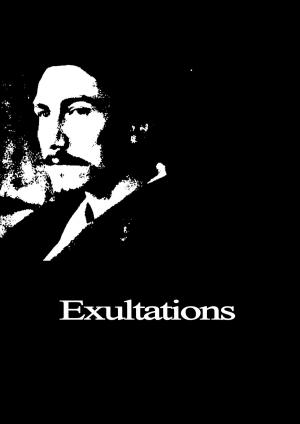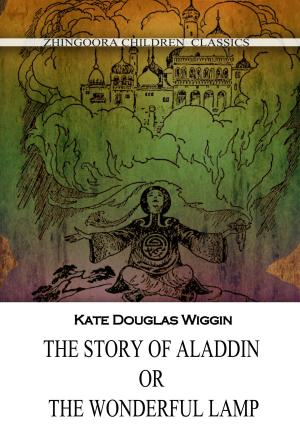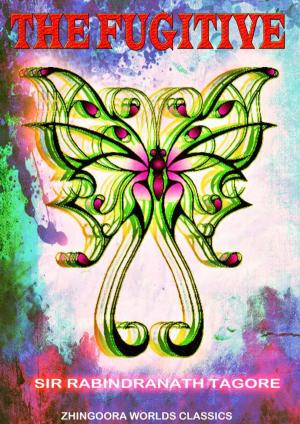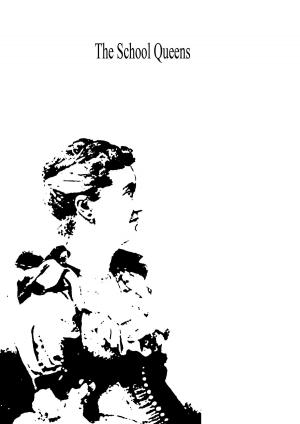| Author: | Sir Isaac Newton | ISBN: | 1230000036273 |
| Publisher: | Zhingoora Books | Publication: | December 3, 2012 |
| Imprint: | Language: | English |
| Author: | Sir Isaac Newton |
| ISBN: | 1230000036273 |
| Publisher: | Zhingoora Books |
| Publication: | December 3, 2012 |
| Imprint: | |
| Language: | English |
Christmas Summary Classics
This series contains summary of Classic books such as Emma, Arne, Arabian Nights, Pride and prejudice, Tower of London, Wealth of Nations etc. Each book is specially crafted after reading complete book in less than 30 pages. One who wants to get joy of book reading especially in very less time can go for it.
SIR ISAAC NEWTON
Principia
Sir Isaac Newton was born at Woolsthorpe, Lincolnshire, England, Dec. 25, 1642, the son of a small landed proprietor. For the famous episode of the falling apple, Voltaire, who admirably explained his system for his countrymen, is responsible. It was in 1680 that Newton discovered how to calculate the orbit of a body moving under a central force, and showed that if the force varied as the inverse square of the distance, the orbit would be an ellipse with the centre of force in one focus. The great discovery, which made the writing of his "Philosophiæ Naturalis Principia Mathematica" possible, was that the attraction between two spheres is the same as it would be if we supposed each sphere condensed to a point at its centre. The book was published as a whole in 1687. Of its author it was said by Lagrange that not only was he the greatest genius that ever existed, but also the most fortunate, "for we cannot find more than once a system of the world to establish." Newton died on March 20, 1727.
Christmas Summary Classics
This series contains summary of Classic books such as Emma, Arne, Arabian Nights, Pride and prejudice, Tower of London, Wealth of Nations etc. Each book is specially crafted after reading complete book in less than 30 pages. One who wants to get joy of book reading especially in very less time can go for it.
SIR ISAAC NEWTON
Principia
Sir Isaac Newton was born at Woolsthorpe, Lincolnshire, England, Dec. 25, 1642, the son of a small landed proprietor. For the famous episode of the falling apple, Voltaire, who admirably explained his system for his countrymen, is responsible. It was in 1680 that Newton discovered how to calculate the orbit of a body moving under a central force, and showed that if the force varied as the inverse square of the distance, the orbit would be an ellipse with the centre of force in one focus. The great discovery, which made the writing of his "Philosophiæ Naturalis Principia Mathematica" possible, was that the attraction between two spheres is the same as it would be if we supposed each sphere condensed to a point at its centre. The book was published as a whole in 1687. Of its author it was said by Lagrange that not only was he the greatest genius that ever existed, but also the most fortunate, "for we cannot find more than once a system of the world to establish." Newton died on March 20, 1727.
![Cover of the book Principia [Christmas Summary Classics] by Sir Isaac Newton, Zhingoora Books](https://www.kuoky.com/images/2012/december/500x500/1230000036273-aMG5_500x.jpg)
![Cover of the book The Mill on the Floss [Christmas Summary Classics] by Sir Isaac Newton](https://www.kuoky.com/images/2012/november/300x300/1230000034651-hWlO_300x.jpg)


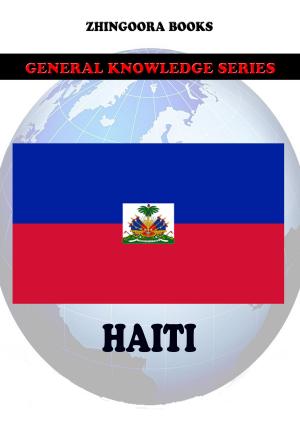
![Cover of the book Peter Simple [Christmas Summary Classics] by Sir Isaac Newton](https://www.kuoky.com/images/2012/november/300x300/1230000032302-0JR3_300x.jpg)
![Cover of the book Concerning The Human Understanding [Christmas Summary Classics] by Sir Isaac Newton](https://www.kuoky.com/images/2012/november/300x300/1230000032268-BUiI_300x.jpg)
![Cover of the book Looking Backward [Christmas Summary Classics] by Sir Isaac Newton](https://www.kuoky.com/images/2012/november/300x300/1230000032287-izVd_300x.jpg)
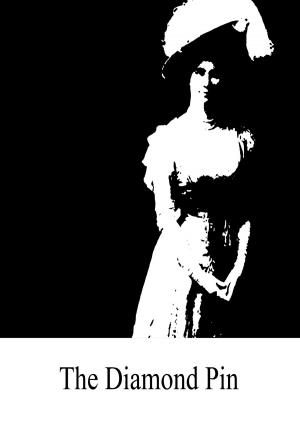
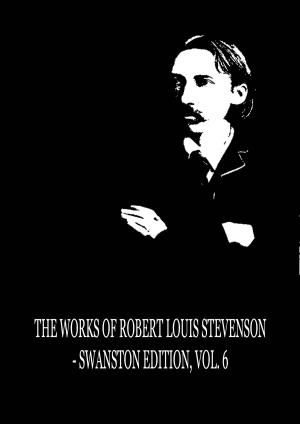
![Cover of the book Capital: A Critical Analysis [Christmas Summary Classics] by Sir Isaac Newton](https://www.kuoky.com/images/2012/november/300x300/1230000032271-ieZx_300x.jpg)
